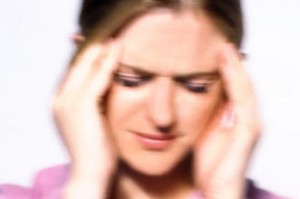 What is Dizziness?
What is Dizziness?Dizziness is a condition characterized by a feeling of unsteadiness, disorientation, and a mental moving sensation. Dizziness may be accompanied by a loss in the ability to balance, or a feeling of lightheadedness which could make it difficult to perform certain activities which require your alertness. In cases of vertigo, spinning sensations can occur, even causing hallucinations or thoughts that the room is moving.
Most incidents of dizziness are caused by the following:
More severe sensations of dizziness may be sparked by other underlying problems including heart or brain disorders, blood problems such as anemia, bleeding, or diabetes. Psychiatric issues such as anxiety or depression may also induce dizziness.
Treating dizziness may be a quick fix depending on the situation. Most cases can be remedied by drinking a full glass of water in order to rehydrate. Other, more serious conditions may need to be treated with heart or blood therapies. Patients who suffer from persistent dizziness should consult their doctor to relieve symptoms and ensure their safety. Dizziness can often be avoided by standing up more slowly, keeping hydrated, and controlling blood sugar levels.
It is very important to treat dizziness and know the cause of the sensation. Serious cases may be the only indication of a stroke or heart attack.